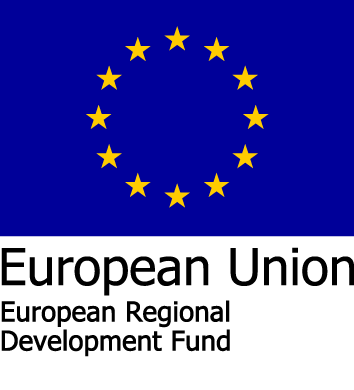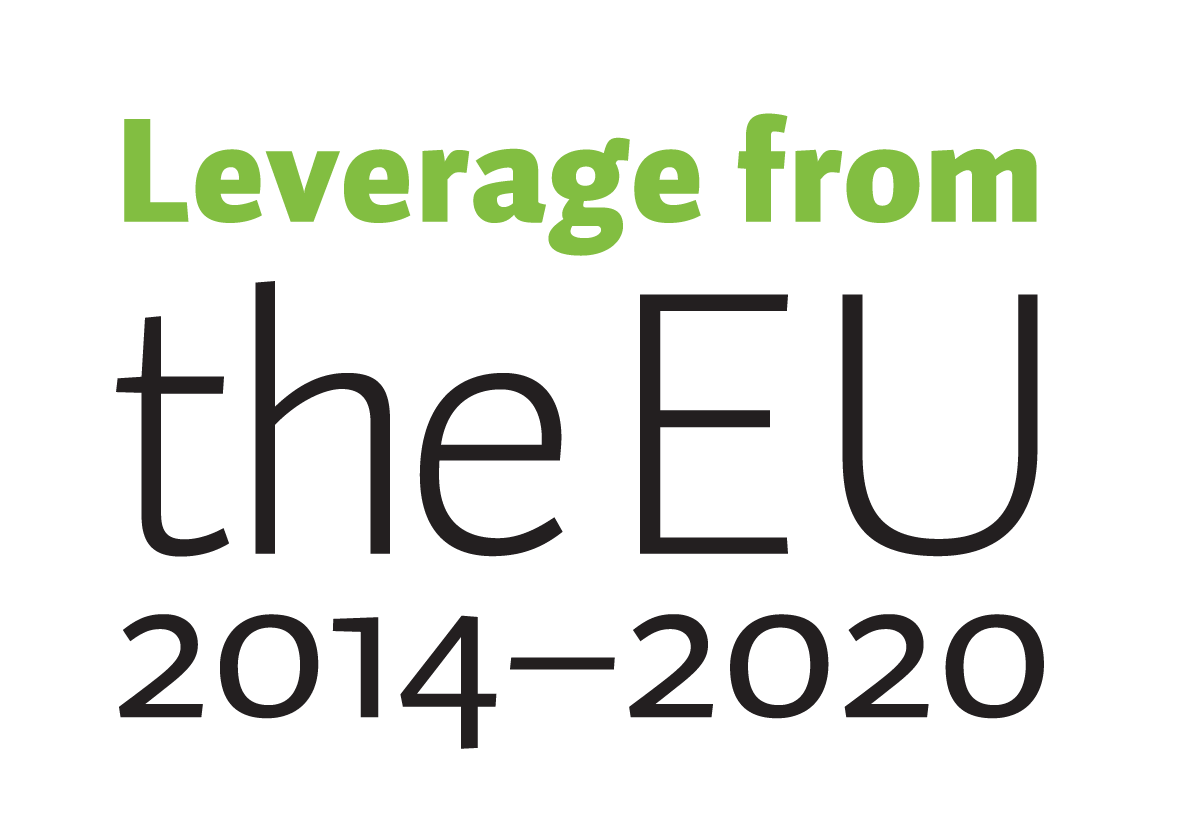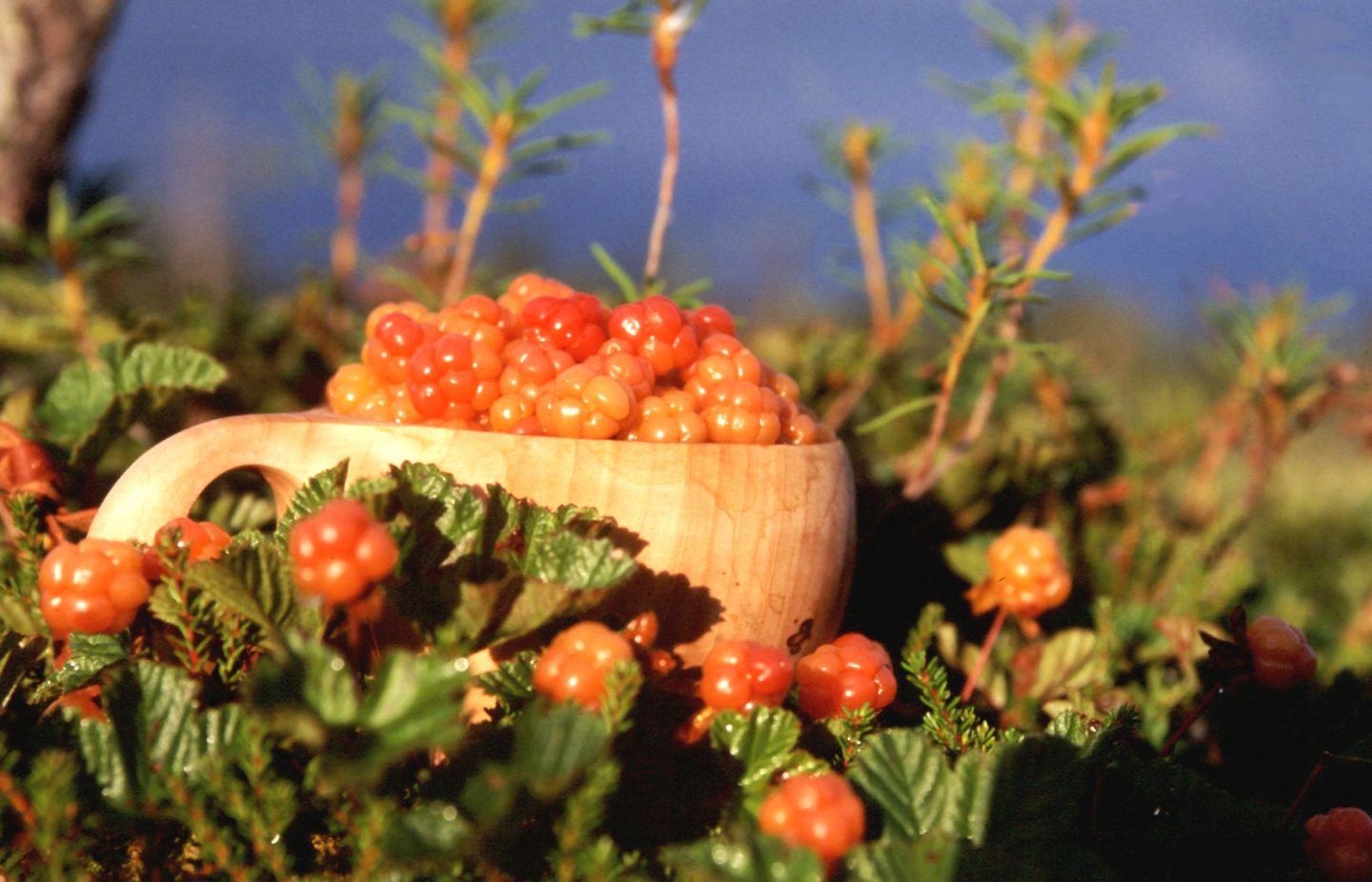In order for natural products from Lapland to gain access to the international market, business activity in this sector must be developed at the local level. Many of the municipalities in Lapland, such as Ranua and Kolari, are taking this seriously. The door to the international market is already ajar.
In Ranua, cloudberry is refined into wine and cosmetics
Ranua is known for its cloudberries. This golden forest berry has made the southernmost municipality of Lapland a well-known cloudberry municipality, whose reputation has also spread to neighbouring countries.
– The price of cloudberry in Ranua affects its price in Sweden and Russia, Ranua’s Development Manager Riikka Tuomivaara says knowingly.
Every summer, a cloudberry market is set up in Ranua. It is like a well-oiled machine that picks up speed year by year.
For a long time, product development served as a bottleneck in Ranua. There has been a high demand for products processed from cloudberry, but the supply has been lacking. Hillakoulu (lit. cloudberry school) is a solution created to this problem. It has taught people to process various cloudberry products from this prestigious forest berry.
– We are masters in cloudberry. Of course, we have learned a great deal over the years. We could make other berries just as big a thing while we’re at it.
With persistent efforts, Ranua has put together a strong, professional berry picking network, which is a basic requirement for turning the natural product sector into a credible and successful business.
For a small municipality, Ranua has a very active natural product sector, from small sole proprietors to export companies and from berry products consumed as food to herbal cosmetics. Even a small company can be on the international market, with travellers from all over the world buying local products when visiting Ranua.
Further processing brings added value, and Ranua is in the process of taking big leaps forward with regard to this. – A new company that processes natural resources has relocated to Ranua. Their product development kitchen may be available for rent to other processors as long as there is enough capacity. Our goal is to raise the added value of natural resources so that there is enough value to distribute across the production chain.
Tuomivaara is also happy that the new business has attracted new permanent residents to the municipality.
The municipality of Ranua is involved in numerous projects in the natural product sector. One of them is the Lappi Luksus project, which aims to help companies in the natural product, well-being and tourism sectors find each other more easily.
Tuomivaara believes that the natural product sector has yet to catch its big break. – Once we gain more research data on the health benefits of natural products, only the sky will be the limit.
Kolari reaches for the international market
– For a long time, the natural product sector was simply considered to be a small-scale activity that was based on lifestyle entrepreneurship. We want to change this. In fact, the municipality of Kolari actively supports the development of business activity in this sector, Development Director Nina-Maria Möykkynen says.
There is a dire demand for products made from local natural ingredients, especially in Ylläs, which makes its living from tourism. Everything that is made is sold. In Kolari, tourism goes hand in hand with the natural product sector, which draws its strength from forest produce – ingredients found in the wilderness of Fell Lapland.
In recent years, there have been several natural product sector projects carried out in Kolari that started from a collaboration between the municipality and entrepreneurs.
Among other things, these projects have examined the spending habits of Asians, created concepts for operations in the local food and natural product sector, built a berry picking network, provided entrepreneurship and product development training, and weaved a network of sector operators.
– The international market is also open to small business entrepreneurs thanks to the international travellers who come here, Möykkynen rejoices. The companies in the region work in close collaboration, and together they have also managed to open a door for export.
The myth about self-learned lifestyle entrepreneurs is also being broken by the fact that Vocational College Lappia’s Muonio campus is continuously training people for the natural product sector. Many of them start their own business.
The ambitious goal of the municipality of Kolari is to build a food product center in Kolari within the next five years. The building will be an Arctic natural product center of sorts, equipped with facilities for storing and processing ingredients and carrying out product development.
– The aim is to house several operators in the natural product sector under one roof. Then no one will have to do everything by themselves. One person can gather the ingredient, such as nettle, while another person processes it by drying, for example, and a third person manufactures the end product. This also increases the refining value, which creates added value. What is important is that the entire production chain is ethical, transparent and respectful of nature.
The municipality manages the recently launched Kiihdyttämö (Accelerator) project that is intended for taking the next step. The project will carry out a feasibility assessment for the food product center and identify and commit the future operators who will join it.
The recently founded natural product sector association Puolivilli ry will be taking on some of the non-profit tasks related to the sector’s development.



